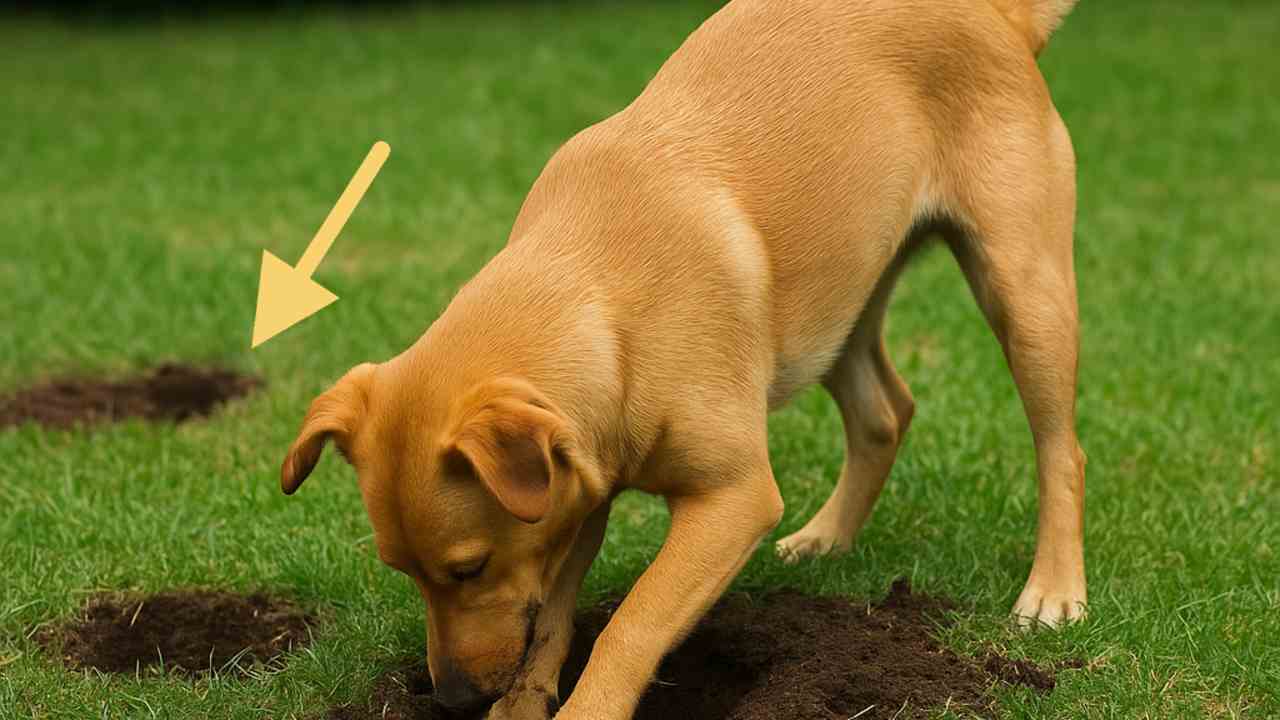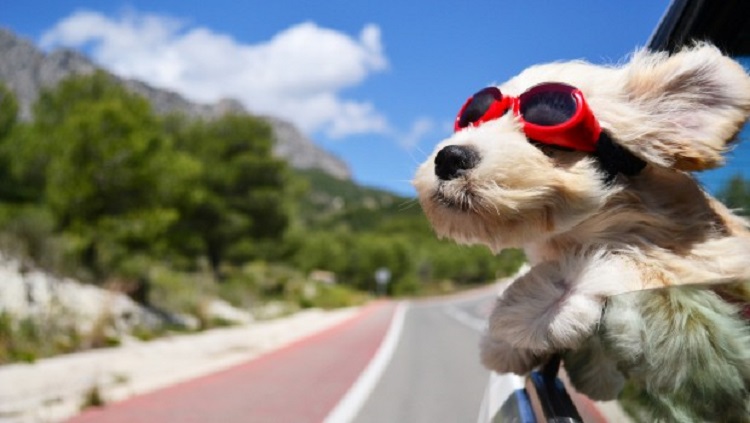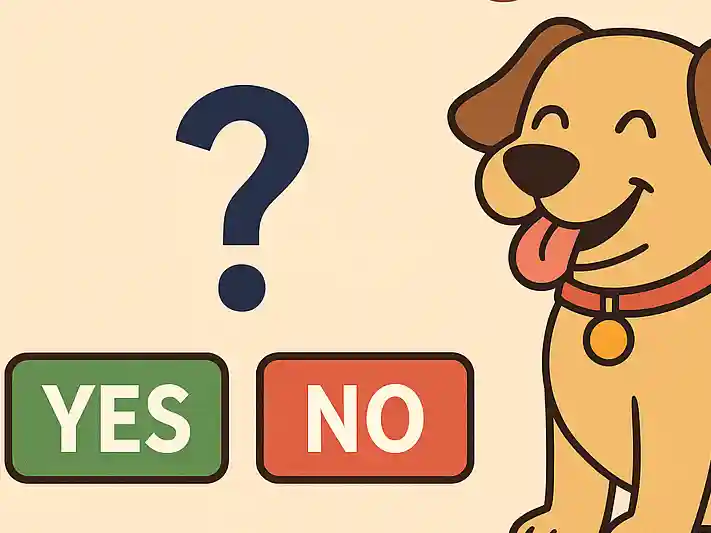Ever tried to enjoy a peaceful moment on the couch, only to feel a sudden wet, slobbery kiss on your toes? Welcome to the club of confused (and slightly ticklish) dog owners!
Is it Normal for Dogs to Lick Their Owners or Their Feet?
Yes, it’s perfectly normal—most of the time. Dogs explore the world through their senses, and licking is a natural behavior tied to affection, communication, and sometimes even stress relief. But like everything, moderation is key!
Why Do Dogs Lick Their Owners? The Emotional Connection
Licking isn’t just about cleaning—it’s a deeply ingrained behavior from their earliest days. Puppies lick their mothers and littermates as a sign of submission, affection, and bonding. This behavior often continues into adulthood. It’s one of many signs your dog truly loves you.
“Licking releases endorphins in dogs, making them feel calm and comforted,” explains Dr. Laura Benton, a certified canine behaviorist. “It’s their way of saying ‘I love you’ in the most canine way possible.”
Dogs may lick you to:
- Show affection and strengthen your bond.
- Get your attention (because, let’s face it, it works every time).
- Explore unfamiliar tastes or smells on your skin. This is part of how dogs communicate with each other and their environment.
So next time your pup plants a wet kiss on your hand, think of it as their version of a heartfelt hug.
Why the Feet? What’s So Special About Them?
You might wonder, “Of all places, why my feet?” Well, for your dog, your feet are a fascinating, flavorful buffet of information!
- Sweat and Scent Glands: Your feet are loaded with sweat glands that produce unique smells only your dog can fully appreciate. Think of it as their personal olfactory diary of where you’ve been and what you’ve done.
- Salty Snack Appeal: Dogs love the taste of salt. That post-workout salty skin? Irresistible!
- Attention-Seeking Behavior: Feet are often accessible, especially when you’re sitting or lying down. It’s the perfect spot to grab your attention.
Pro tip: If your dog turns into a “foot fanatic,” just remember—some prefer a spa day, others prefer a salt lick.
When Licking Becomes a Sign of Anxiety
While occasional licking is normal, excessive licking might signal emotional distress. Learn to recognize signs of stress in dogs.
Common signs of anxiety-driven licking include:
- Licking themselves or you compulsively.
- Pacing or restlessness.
- Whining or hiding.
According to Dr. Benton, “Anxious dogs may lick to self-soothe. It becomes a repetitive behavior that helps them cope with their emotions.”
🐾 How to Help an Anxious Licker:
- Introduce calming routines, like gentle walks or puzzle toys.
- Create a safe space where your dog feels secure.
- Consider anxiety wraps or consult a vet for calming supplements.
- Redirect with a favorite chew toy or a lick mat smeared with peanut butter (make sure it’s xylitol-free!).
Should You Stop Your Dog from Licking You?
This is entirely up to you! Some people find it endearing, while others worry about hygiene.
✔️ The Pros:
- Strengthens your bond.
- Calms your dog through endorphin release.
❌ The Cons:
- Potential for germs, especially if you have open wounds.
- Reinforces the behavior, making it a frequent habit.
If you’d prefer to limit the licking, use positive reinforcement techniques:
- Gently say “No” and remove your feet or hands.
- Reward your dog when they stop licking with treats or praise.
- Provide alternative activities to keep them engaged.
Remember, never punish your dog for licking—redirect instead!
When to Be Concerned: Health and Behavioral Red Flags
If licking becomes obsessive or is accompanied by other unusual behaviors, it could signal deeper issues.
🚨 Watch for These Warning Signs:
- Constant licking of one area on their body (possible hotspots or allergies).
- Red, inflamed skin or hair loss.
- Sudden increase in licking paired with whining or limping.
In such cases, consult your veterinarian or a certified behaviorist to rule out medical problems or chronic anxiety.
Fun Alternatives to Redirect Licking Behavior
If your pup just can’t help themselves, offer engaging alternatives that satisfy their need for stimulation:
- Lick Mats: Spread plain yogurt or dog-safe peanut butter and let them enjoy the calming activity.
- Interactive Toys: Puzzle feeders keep their minds busy and mouths occupied.
- Training Sessions: Teach new tricks and reward with treats—mental stimulation is just as tiring as physical activity!
- Frozen Treats: Perfect for hot days and keeping them entertained.
Frequently Asked Questions
Why does my dog lick me constantly?
Dogs may lick for affection, attention, or due to anxiety. Pay attention to their body language—happy wagging usually means affection, while tense postures could signal stress.
Is it bad for my dog to lick my feet?
It’s generally harmless, but make sure your feet are clean and free of lotions or chemicals that could be harmful if ingested.
Should I stop my dog from licking me?
That’s up to you! If it doesn’t bother you and your dog is healthy, it’s fine. But if it feels excessive, try redirecting the behavior gently.
Can licking be a sign of a health problem?
Yes. Compulsive licking can sometimes indicate allergies, pain, or emotional stress. If the behavior changes suddenly, consult your vet.
Remember, every lick has a story. Whether it’s a soggy sign of love or a cry for help, your dog is just trying to tell you something—one slobbery kiss at a time!




